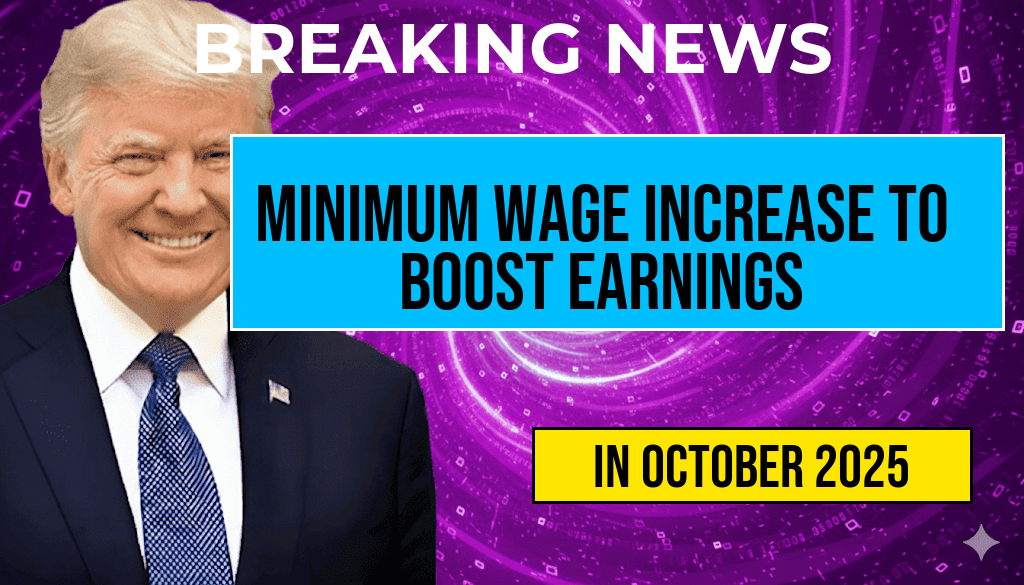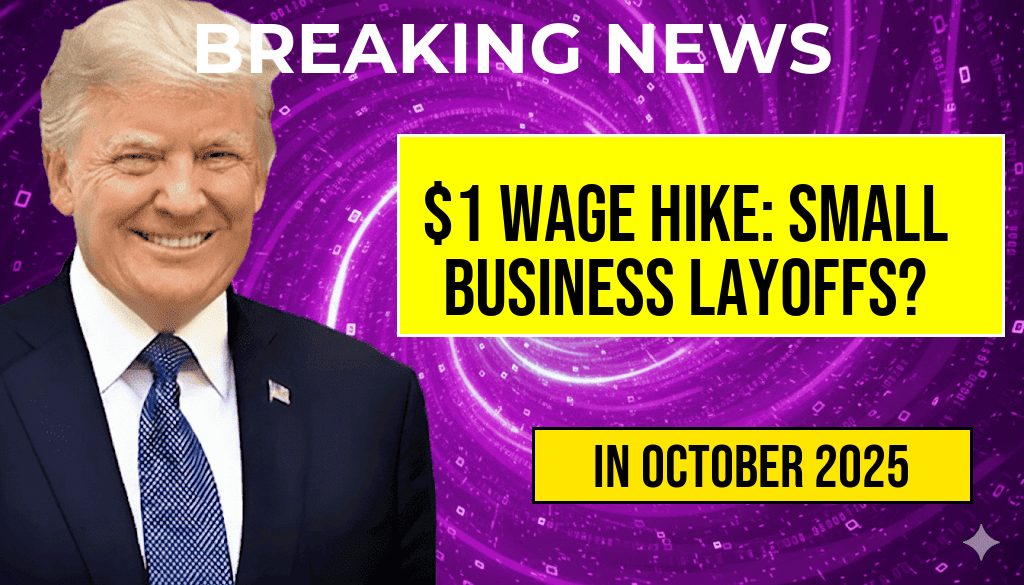The recent proposal to raise the federal minimum wage by $1 has ignited a heated debate among economists, small business owners, and policymakers. Advocates argue that increasing wages is essential for boosting worker morale and consumer spending, while opponents warn that such a hike could lead to widespread layoffs, particularly among small businesses struggling to survive in a competitive marketplace. As discussions continue in Congress, many small business owners are left contemplating the potential impact on their operations and workforce. Will a $1 wage increase truly force these businesses to make drastic decisions regarding their employees?
The Current Landscape of Minimum Wage in the U.S.
As of now, the federal minimum wage stands at $7.25 per hour, a rate that has remained unchanged since 2009. Many states and localities have opted for higher minimum wages, with some reaching as much as $15 per hour. According to the U.S. Department of Labor, the goal of these increases is to lift workers out of poverty and reduce inequality. However, the impact on small businesses is a critical factor in the ongoing discussions surrounding wage increases.
Potential Effects on Small Businesses
Small businesses form the backbone of the American economy, employing nearly half of the private workforce. A $1 increase in the minimum wage could have varying effects depending on the industry, location, and financial health of individual businesses. Here are some potential outcomes:
- Increased Labor Costs: A wage increase can significantly boost payroll expenses, particularly for businesses that rely heavily on low-wage workers, such as restaurants and retail stores.
- Pricing Adjustments: To offset rising labor costs, businesses may raise prices for goods and services, potentially affecting consumer demand.
- Job Cuts or Reduced Hours: In extreme cases, businesses might resort to layoffs or cut employee hours to manage costs, raising concerns about job security for many workers.
Economic Studies and Expert Opinions
Research on the impact of minimum wage increases yields mixed results. A study conducted by the National Bureau of Economic Research suggests that while some businesses may struggle, others can adapt through increased efficiency and productivity. Many economists argue that higher wages can lead to reduced employee turnover and increased loyalty, ultimately benefiting businesses in the long run.
However, small business owners like Maria Gonzalez, who runs a local café in Austin, Texas, express concerns about their ability to absorb additional costs. “Every dollar counts,” she states. “If we have to raise wages, we might have to cut back on staff or reduce hours, which is not what I want to do.”
Adapting to Change
In response to potential wage increases, many small businesses are exploring innovative strategies to remain competitive without sacrificing their workforce. These strategies include:
- Streamlining Operations: Businesses are adopting technology to automate tasks, allowing them to maintain productivity with fewer employees.
- Investing in Employee Training: By upskilling their workforce, businesses can improve efficiency and reduce the need for additional hires.
- Enhancing Customer Experience: Focusing on customer service can lead to increased sales, helping to offset the impact of higher wages.
Conclusion: A Complex Decision Ahead
The debate surrounding the proposed $1 wage increase raises critical questions about the future of small businesses in America. While some may face challenges that necessitate layoffs or adjustments, others might find opportunities for growth and adaptation. As lawmakers weigh the implications of such a policy change, small businesses will continue to navigate a landscape that is increasingly influenced by labor costs, market demands, and the evolving economy.
Further Reading
| Resource | Link |
|---|---|
| U.S. Department of Labor – Minimum Wage | Visit Site |
| National Bureau of Economic Research | Visit Site |
| Forbes – Effects of Minimum Wage Increases | Visit Site |
Frequently Asked Questions
What is the main concern regarding a $1 wage increase for small businesses?
The main concern is that a $1 wage increase could lead to financial strain on small businesses, potentially resulting in employee layoffs as owners struggle to manage higher labor costs.
How might a wage increase affect employee morale?
A wage increase can positively impact employee morale, as workers may feel more valued and appreciated. However, if layoffs occur, it might create a sense of insecurity among remaining employees.
What alternatives do small businesses have to avoid layoffs if wages increase?
Small businesses may consider alternatives such as reducing hours, increasing productivity through automation, or finding ways to cut costs in other areas to avoid layoffs.
Are there any potential benefits of a $1 wage increase for small businesses?
Yes, a $1 wage increase can lead to increased customer spending, as employees with higher wages may have more disposable income, which could ultimately benefit small businesses.
What factors do small businesses consider when deciding to implement wage increases?
Small businesses typically consider factors such as profit margins, current economic conditions, the market demand for their products or services, and the overall impact on their workforce when deciding on wage increases.











